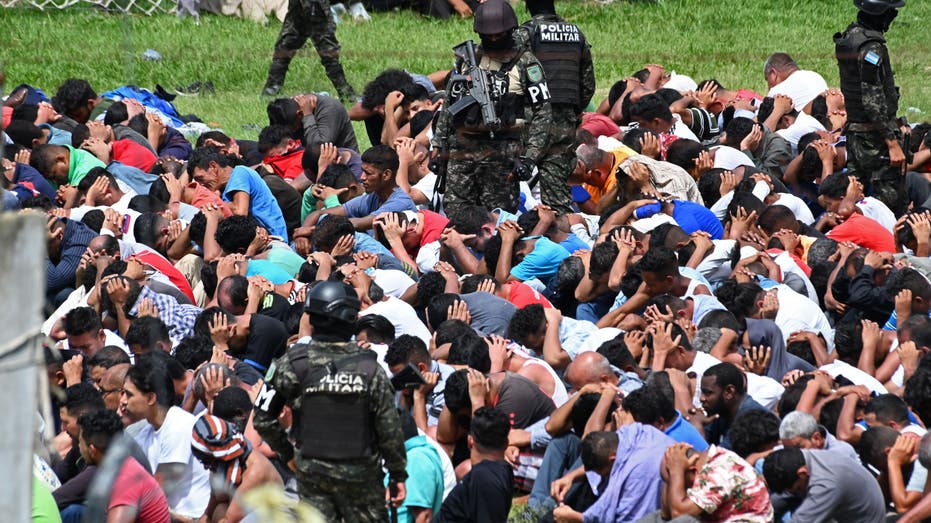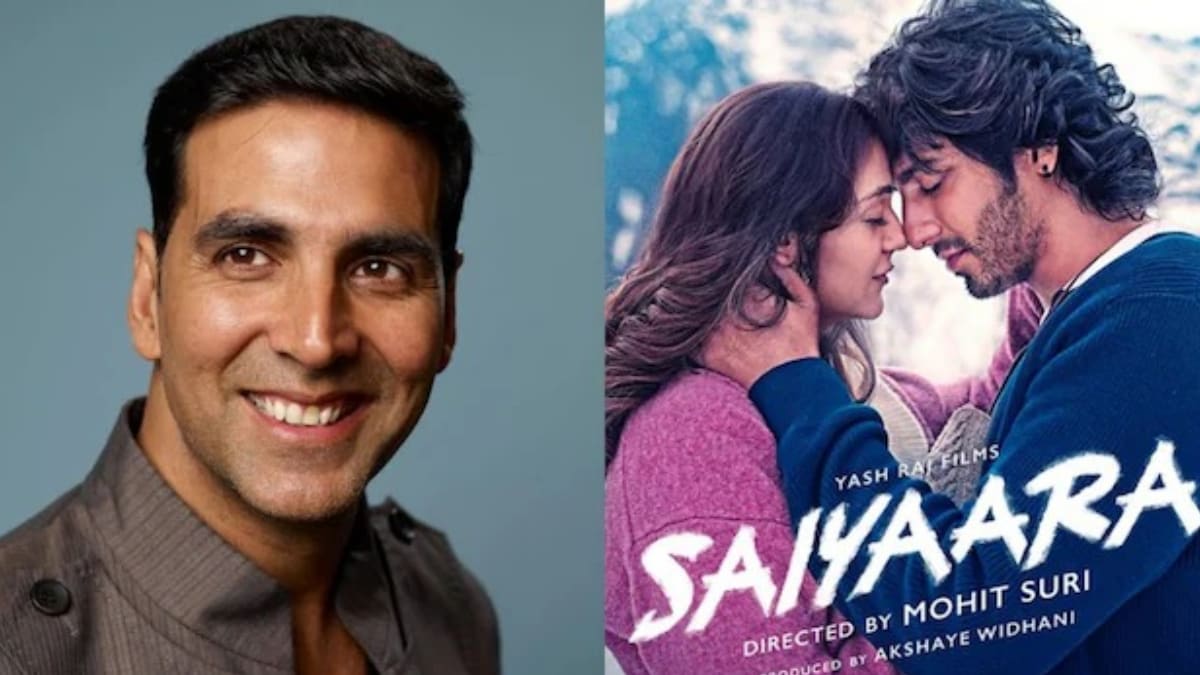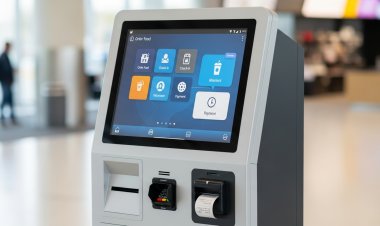Revenge killing for deadly MS-13 prison riot sparks Honduras to launch extreme gang crackdown: report
A pool hall shooting over the weekend killed 11 individuals, and police believe that the location, inside Barrio 18 gang territory, could connect the shooting to the prison riot.

Honduras has reportedly embarked on a widespread crackdown on gang activity inside the country following a prison massacre that killed dozens of inmates and a shooting at a pool hall on Saturday.
"We do not rule out these crimes could be some sort of revenge for what happened in the women’s prison," Honduran national police commissioner Miguel Pérez Suazo said.
The pool hall shooting, reportedly located in the city of Choloma on Barrio 18 gang territory, killed 11 people after a riot at a women’s prison in Tamara, which killed 46 inmates. Honduran President Xiomara Castro decried the riot as "monstrous murder," which she blamed on street gangs.
The country’s military police raided a men’s prison in the same town, forcing the men to sit in rows — spread-legged and touching — in a formation similar that popularized by El Salvador in its super prison, according to The Guardian.
ENVIRONMENTAL ACTIVIST SHOT TO DEATH IN HONDURAS 6 MONTHS AFTER ACTIVIST BROTHER SLAIN
The search uncovered ammunition, guns and grenades during a search of a men’s prison in Tamara while the inmates were forced to sit, heads bowed, and some of them wearing only shorts.
Yuri Mora, the spokesman for Honduras’ national police investigation agency, said that 26 inmates had burned to death, while the remainder died from gunshot wounds or stabbings. At least seven inmates received treatment at a hospital in the capital, with most of them dying later in the day.
Pérez Suazo noted that the shooting could have also been "some type of revenge by criminals against civilians." The riot started after rival gangs Barrio 18 and MS-13 clashed inside the facility early Tuesday morning, with attackers having smuggled in deadly weapons to the prison in order to maximize the carnage.
CHINA'S XI JINPING HOSTS HONDURAS' XIOMARA CASTRO AS CONTROVERSY OVER CUBA SPYING SWIRLS IN US
The gang dispute spiraled out of control as the Honduran government tries to wrestle control of its prisons back from the gangs: Julissa Villanueva, head of the country’s penal system, speculated that the riot occurred in response to government raids on prisons across the country that tried to remove security guards taking bribes and regain control of the prisons.
Castro, who vowed her government would take "drastic measures" after determining that the riot was "planned by maras (street gangs) with the knowledge and acquiescence of security authorities," announced a curfew for Choloma as well as "raids, captures and checkpoints 24 hours a day."
The curfew will start at 9 p.m. local time and end at 4 a.m., with a similar curfew to begin in the nearby city of San Pedro Sula on July 4.
Salvadoran President Nayib Bukele has found major success reducing criminal activity in his country with sweeping measures during a national "state of exception" that allowed his government to build a massive 40,000-occupancy super prison and make over 60,000 arrests in just one year.
PANAMA CANAL POSTPONES DEPTH RESTRICTIONS AFTER RAIN PROVIDES RELIEF TO THE REGION
The country’s measures have been so wide-reaching that El Salvador has even imprisoned American citizens who were caught up in the wide sweeps.
The U.S. first raised the alarm about American citizens mistakenly swept up in the crackdown through a March 2023 travel advisory update. The State Department said some of the arrests had occurred in a "reportedly arbitrary manner" and urged Americans to reconsider travel to the country.
Salvadoran Minister of Justice and Public Security Hector Gustavo Villatoro pushed back on the U.S. State Department's assessment, insisting that "detentions in El Salvador are not arbitrary," but are instead "carried forth as required by law … every step of the way."
"There are a handful of U.S. citizens detained," Villatoro told Fox News Digital. "Keep in mind that citizenship does not equal immunity from prosecution."
Villatoro assured that detainees have access to embassy consular services, which is "currently being carried out," but that in El Salvador "anyone suspect of gang activity is detained and followed by investigation … regardless of nationality or where they were born."






















